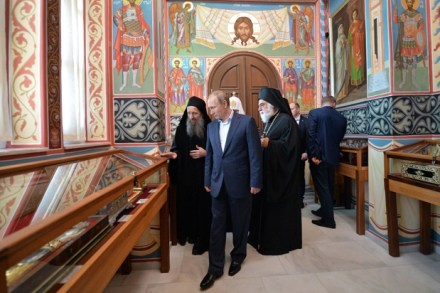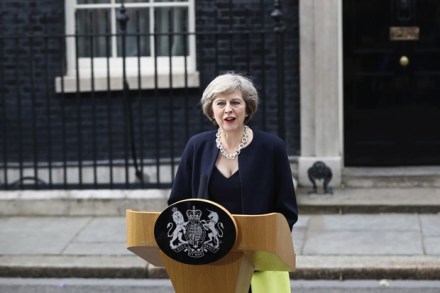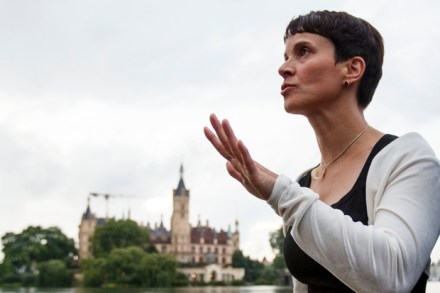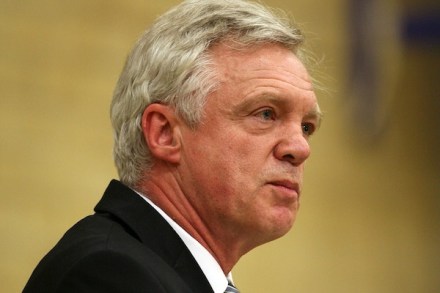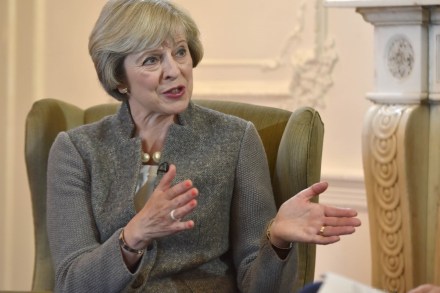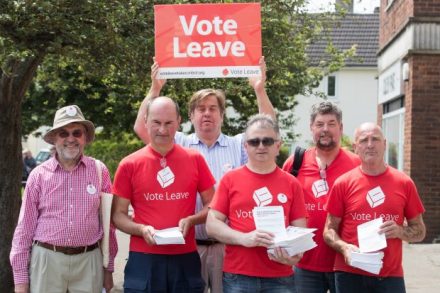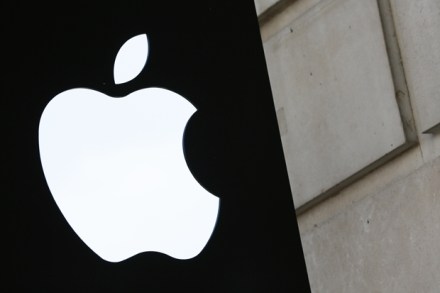Mystery on Mount Athos
I have just returned from one of the world’s most secretive states. I had to apply for a visa a month beforehand and send in a copy of my passport. There is no way into this place by road; you have to arrive on an authorised boat and a policeman checks your visa against your passport before you board. Private boats must keep well offshore and may not land. The visa is valid for only three nights; you have to book each night in advance and may not spend more than one night in the same place. Only ten visas are granted a day. Women have always been forbidden here
